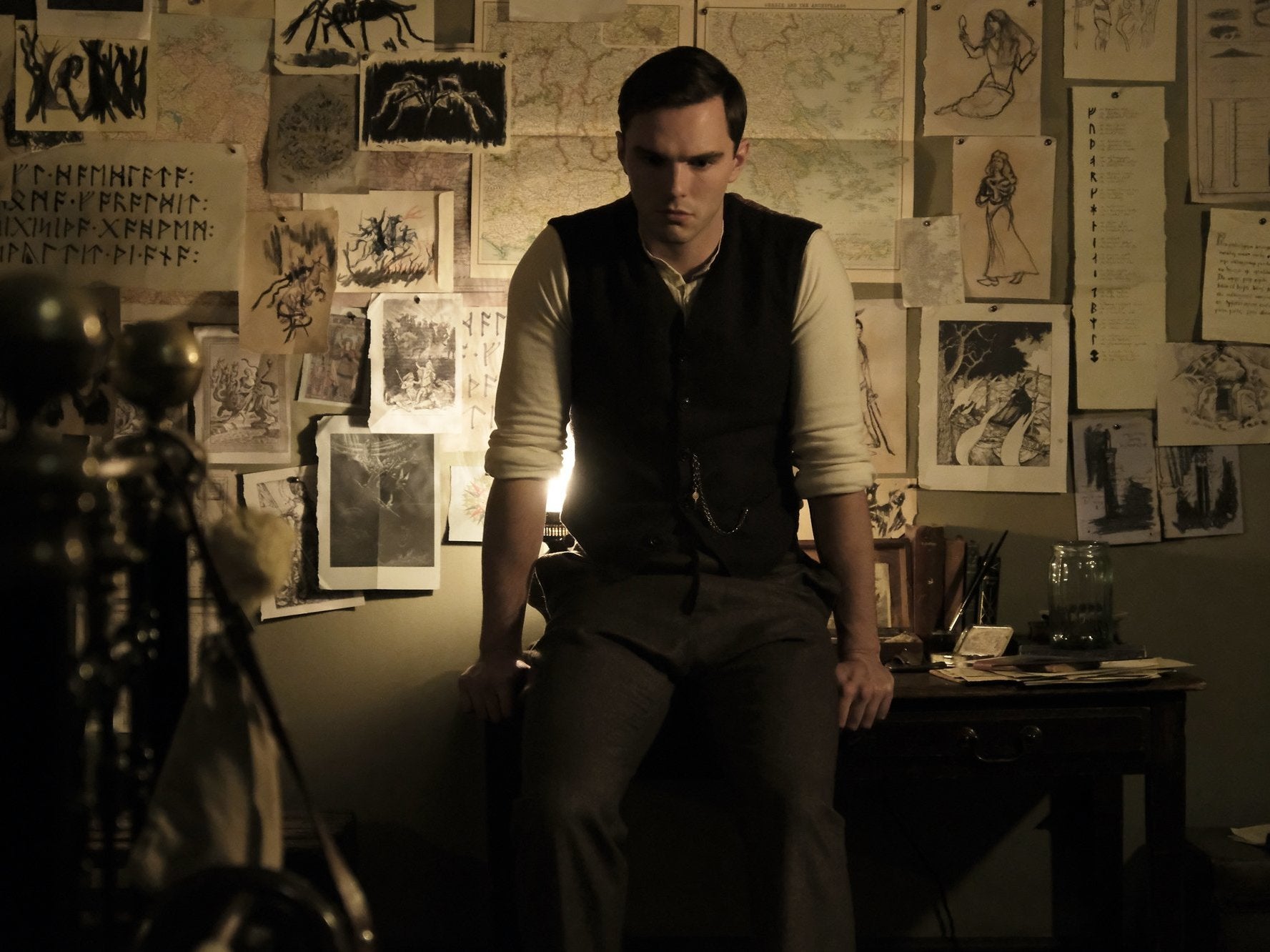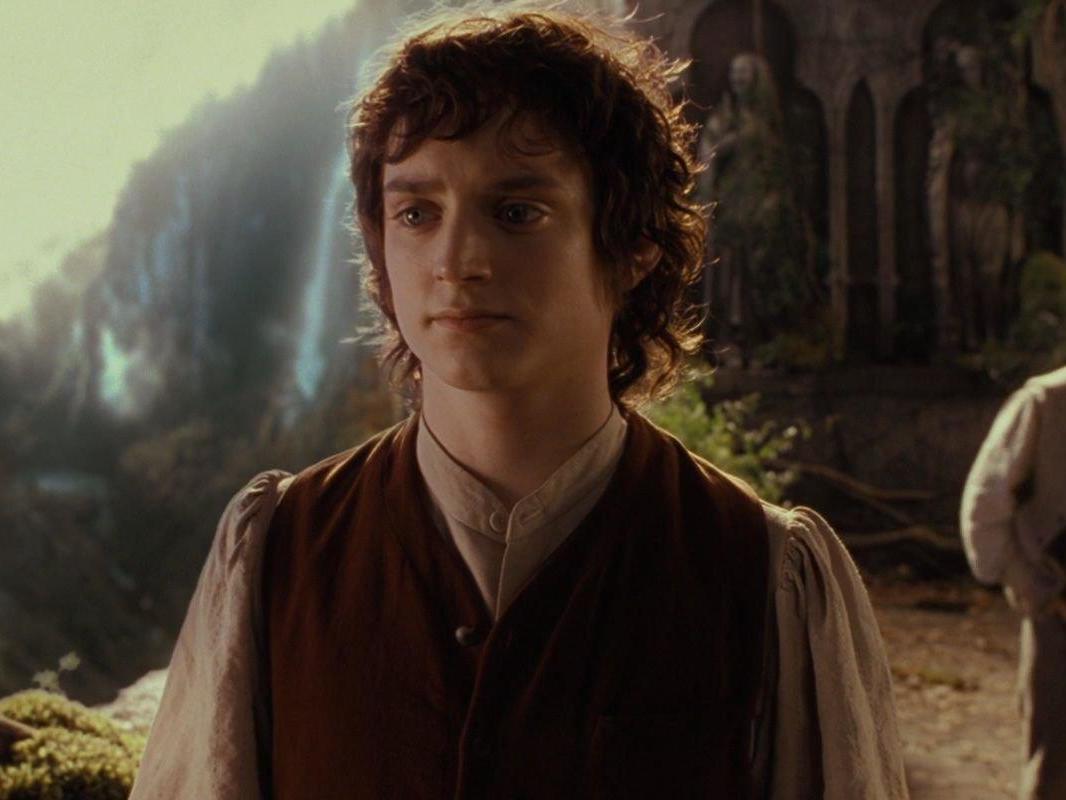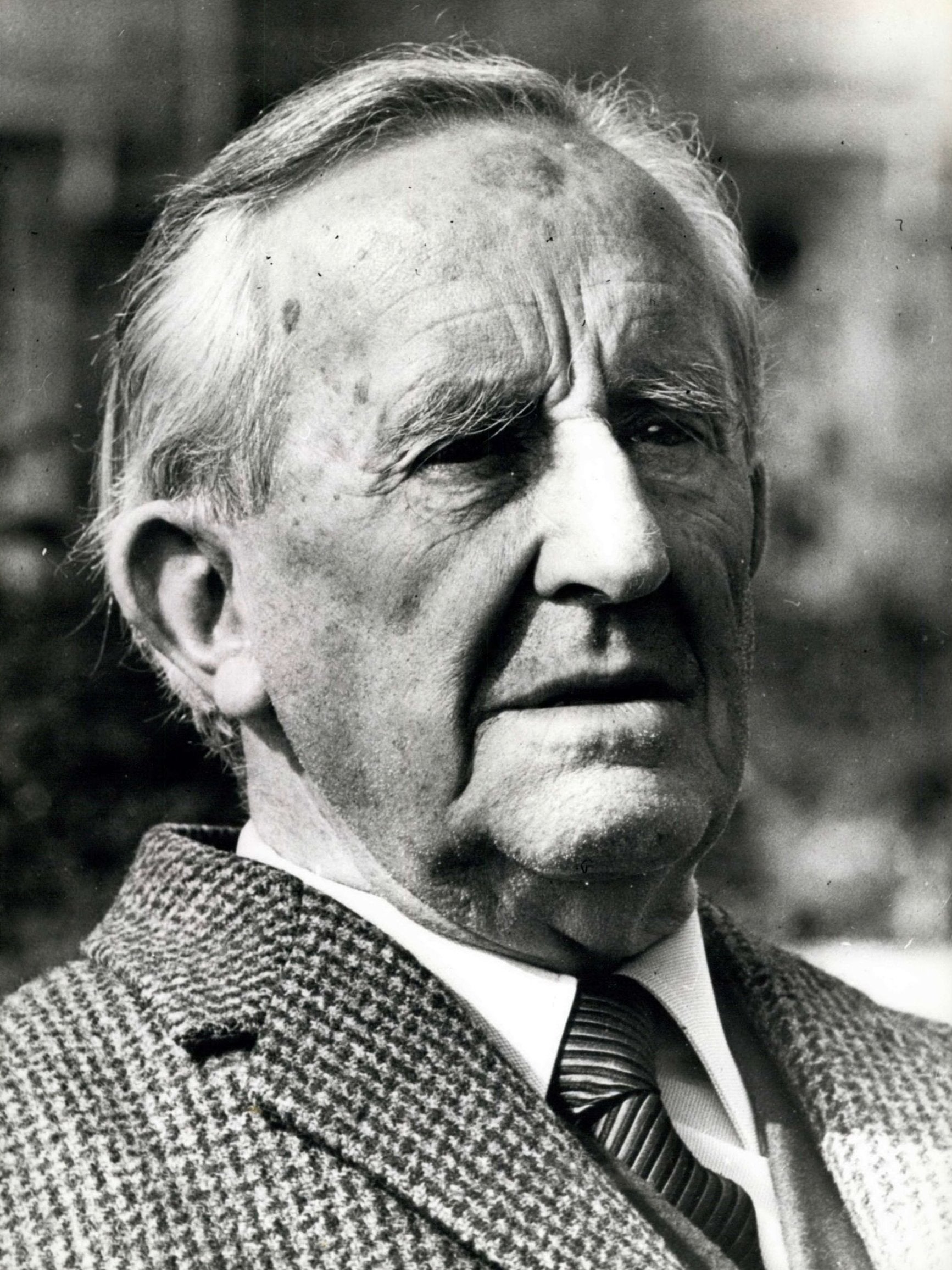Why is Tolkien’s work so successful, and why did the new film leave out his Christianity?
With the release of the Tolkien biopic this week, Philip Womack discusses his love affair with Middle-earth and how, for Tolkien, writing fantasy was a Christian act

Your support helps us to tell the story
From reproductive rights to climate change to Big Tech, The Independent is on the ground when the story is developing. Whether it's investigating the financials of Elon Musk's pro-Trump PAC or producing our latest documentary, 'The A Word', which shines a light on the American women fighting for reproductive rights, we know how important it is to parse out the facts from the messaging.
At such a critical moment in US history, we need reporters on the ground. Your donation allows us to keep sending journalists to speak to both sides of the story.
The Independent is trusted by Americans across the entire political spectrum. And unlike many other quality news outlets, we choose not to lock Americans out of our reporting and analysis with paywalls. We believe quality journalism should be available to everyone, paid for by those who can afford it.
Your support makes all the difference.Middle-earth, JRR Tolkien’s expansive fantasy world, now reaches the whole world, via many different media. There are the immensely successful feature films based on the books of The Lord of the Rings, and the less successful trilogy carved out from The Hobbit; the many volumes of Tolkien’s other writings, edited by his son Christopher. The Tolkien family has recently approved a new Amazon Prime series of Lord of the Rings. set 3,441 years before the events of The Fellowship of the Ring. We are living in a Tolkien world.
Now a new biopic, Tolkien, the first ever film about the Lord of the Rings author, starring X-Men actor Nicholas Hoult as Tolkien and Lily Collins, who also plays Fantine in the BBC’s Les Miserables, as his wife, opens in cinemas this week.
How did a tale written in cod-heroic diction, by a tweedy, kindly Oxford philologist, become a world-beating beast of the 21st century?
Tolkien’s fictional setting Middle-earth first enthralled me at the age of 11. The paperback of The Fellowship of the Ring, published in 1986 by HarperCollins, sported on its cover a rather cheesy picture of a wizard. It seemed an unassuming portal. For a boy on the cusp of adolescence, in the secluded Arun Valley that I soon came to associate with Tolkien’s Shire, it was easy to be seduced by this glittering imaginative world, where adventure, danger and glory awaited.

From the first line, in which the hobbit Bilbo Baggins is about to celebrate his "eleventy-first birthday", to the last, I was hooked. I remember, as vividly as if it were yesterday, the way that the trials of Bilbo’s nephew Frodo on his terrible quest to destroy the ring of power encompassed my world.
I devoured the first volume, The Fellowship of the Ring. Tension increases steadily as Frodo, previously cosseted, is revealed to be at the edge of things much darker and more heroic, and joins a fellowship of men, hobbits and, much to my delight, an elf named Legolas. Many of my schoolmates had given up on the second, The Two Towers, but I persevered, revelling in the adventures of Merry and Pippin as they met the walking trees known as Ents. In the third, The Return of the King, I galloped with the half-wild Riders of Rohan; I scaled the towers of Gondor; I wept when I thought Éowyn the shield-maiden had died; I cheered when, a few pages later, she recovered. And of course, I thrilled to Frodo’s journey, the embodiment of good against evil, and the triumph of the weak over the strong.
I never understood adults who dismissed Tolkien’s work as "mere fantasy". In my memory they tended to work in insurance and, more often than not, had not even read it. Those who had done muttered about wooden dialogue and thin characterisation. Yet that is to miss the point. He wasn’t writing a work of psychological realism. He was dealing with archetypes, history and myth. Tolkien’s work can be firmly placed into the great traditions of fantasy epic, its roots, deep as mountains, in Beowulf and the Icelandic sagas. I still maintain, fervently, that those who dismiss fantasy are dismissing the lifeblood of literature.
The new biopic, Tolkien, which his family has distanced itself from, attempts to answer how Tolkien and his stories became so huge. It suggests that the whole conception of Middle-earth and its denizens spring directly from details of his biography, his experiences with his friends and in the trenches of the First World War. In doing so, however, it fails to address what is perhaps the most important aspect of Tolkien’s work – Christianity.
The film presents the Tolkien family’s move from Warwickshire to Birmingham as exile from a rural idyll to Mordor-like forges and fires. Tolkien’s father had died in South Africa, and he, his mother Mabel and brother Hilary then subsisted in near poverty. Their sorrows were compounded when Mabel soon followed her husband.

Watch Apple TV+ free for 7 days
New subscribers only. £8.99/mo. after free trial. Plan auto-renews until cancelled

Watch Apple TV+ free for 7 days
New subscribers only. £8.99/mo. after free trial. Plan auto-renews until cancelled
As a result, the young Tolkien and Hilary were sent, at the intervention of their family priest, into lodgings. Here he met, and fell in love with, an older lodger, Edith Bratt, who he later married, a talented pianist who was to become the inspiration for his poem, “The Song of Beren and Luthien”, and also for the character of Arwen. This affair forms part of the backbone of the film, and indeed Tolkien, despite many obstacles, stayed with her for the rest of his life.
His school days at King Edward’s Birmingham are Hollywood-ised. There is a moment where the young John Ronald (as he was known) astonishes his peers with his facility for Middle English; another where a decision to have some friends round to play billiards becomes a show of defiance of authority. The Tea Club and Barrovian Society, or TCBS for short, a club which met to discuss art and literature, is credited with laying down the groundwork for the ideas of fellowship that Tolkien carried through to Oxford and into his fiction.
Though linguistically brilliant, Tolkien, much to the horror of those who were in charge of his education, spent too much of his time dallying with Edith, and he failed to pass his exams into Oxford. There’s a lovely scene, based on a real incident, where he and Edith throw sugar cubes at people in a fancy restaurant. The relationship was forbidden: hard for us to understand in our more permissive times, but it was necessary for the penniless Tolkien to make his way in the world, and he was banned from seeing Edith until his 21st birthday.
He buckled down to work, and got in to Oxford. Much is also made of Tolkien stealing a bus, thereby impressing some pretty girls: he did in fact do so, but there certainly weren’t any girls. And I’m pretty sure he never got so drunk that he roused his tutors with his wailings. But it does make a good scene.
The First World War intervened. The film turns his time in the trenches into a fraught quest for a missing member of the TCBS, whilst the relationship between Tolkien and his batman (named Sam in the film, but probably not in real life) could have come straight from the final part of The Return of the King. I kept expecting Tolkien to whisper, faintly, "I wish the ring had never come to me". The link between the horrors of the trenches and those of Mordor is made explicit: riders become bloody knights; smoke billows and turns into the form of dark kings.
The film had to make these choices in emphasising the First World War’s part in Tolkien’s imaginative terrain, particularly because of the strong visual echoes of The Lord of the Rings films. But in doing so it dismisses a crucial component which helps to shed light on his work’s enduring power.
Tolkien’s mother was a Catholic convert, and he was brought up in her faith; later, when he taught in Oxford, he would ride on his bicycle in the early mornings to mass every day. The film makes nary a mention of this, bar the interventions of his priestly guardian. For Tolkien, writing fantasy was a Christian act, to which he gave the technical term sub-creation. The first glimmerings of his imagined world came when he read an Anglo-Saxon poem:
“Eala earendel, engla beorhtast,
ofer middangeard monnum sended…
Hail, Earendel, brightest of angels,
Sent to mankind over Middle-earth.”
The poem is thought to be about the Daystar, and comes from the Cristus series, which deals with the advent and ascension of Christ. The name directly informs Tolkien’s character Earendil, who carries the great jewel known as the Silmaril on his brow.

Tolkien’s created world, as he viewed it, was a simulacrum of the true creation. Middle-earth is our own world, many thousands of years in the past. His plots were based around the "eucatastrophe", or sudden turn of events which solves everything for the good, and a way of describing the providence of God. For the screenplay to downplay this to the point of non-existence is a travesty.
Of course, Tolkien’s epic was born of its time, and there is no doubt that his experiences in the trenches informed some of his writing, nor that he yearned for the pastoral idylls of his youth. But The Lord of the Rings is also something born out of time, its strength partly stemming from its powerful Christian vision.
JRR Tolkien wished to fashion an epic for England. In truth, he made a global one, moral and transcendent. And may it endure, for centuries yet to come.
Tolkien is out in UK cinemas on 3 May
Join our commenting forum
Join thought-provoking conversations, follow other Independent readers and see their replies
Comments